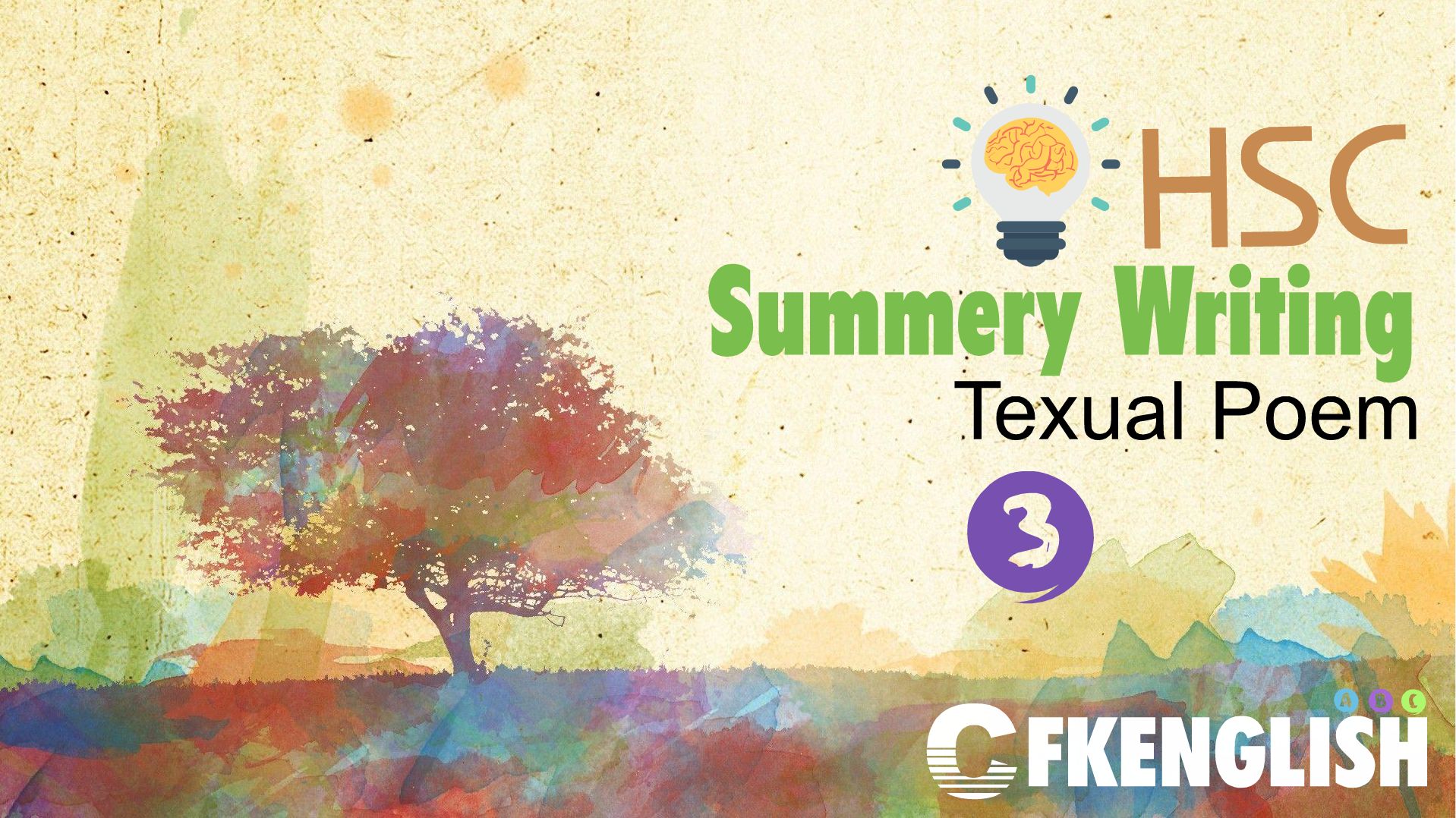I Wandered Lonely as a Cloud
By William Wordsworth
I wandered lonely as a cloud
That floats on high o’er vales and hills,
When all at once I saw a crowd,
A host, of golden daffodils;
Beside the lake, beneath the trees,
Fluttering and dancing in the breeze.
Continuous as the stars that shine
And twinkle on the Milky Way,
They stretched in never-ending line
Along the margin of a bay:
Ten thousand saw I at a glance,
Tossing their heads in sprightly dance.

Once the poet was walking alone and moving aimlessly. He compared himself to a cloud that floats over the valley and hills. Suddenly he saw a bunch of daffodils beside the lake and under the trees. They were fluttering and dancing in the air. And the daffodils were golden colored. They were shining like the stars and blinking in the vast sky. They also reached the margin of the river. The poet saw thousands of daffodils in a single sight. They were dancing livelily moving their heads. Thus the poet sunk into a world of imagination.
Go and Catch a Falling Star
By John Donne
Go and catch a falling star,
Get with child a mandrake root,
Tell me where all past years are,
Or who cleft the devil’s foot,
Teach me to hear mermaids singing,
Or to keep off envy’s stinging,
And find
What wind
Serves to advance an honest mind.
If thou be’st born to strange sights,
Things invisible to see,
Ride ten thousand days and nights,
Till age snow white hairs on thee,
Thou, when thou return’st, wilt tell me,
All strange wonders that befell thee,
And swear,
No where
Lives a woman true, and fair.

In the poem, the poet asks to do a few impossible things. It is really impossible to catch a falling star, impossible to get a child from a mandrake root. He also wants to know where the past goes away and who cleft the devil’s foot. These are really impossible to tell. Even it is impossible to make him hear the mermaid’s song and keep him off from envy. There is no wind that can suddenly make a man honest. If any person gets born with the power to see the unseen and the impossible things, if he rides a long way until his hairs get gray and when he returns, the poet will request him to tell how many wonders he has seen. The poet strongly says that this man can never say that he has seen a true and fair woman anywhere in the world.
The Rime of the Ancient Mariner
Samuel Taylor Coleridge
Farewell, farewell! but this I tell
To thee, thou Wedding-Guest!
He prayeth well, who loveth well
Both man and bird and beast.
He prayeth best, who loveth best
All things both great and small;
For the dear God who loveth us,
He made and loveth all.

In this poem the poet strictly focuses on only thing and that is love. And this love is a divine love that comes from the God. He says that people who love man, birds and the animals are those who worship the best because through loving them, one can come close to the God. He also says that people who do not create any discrimination between the small and the great, rich and the poor are the best people to the God. God is the creator of us and he has created love. So He loves him who loves his all the creations.
Leisure
William Henry Davies
What is this life if, full of care,
We have no time to stand and stare.
No time to stand beneath the boughs
And stare as long as sheep or cows.
No time to see, when woods we pass,
Where squirrels hide their nuts in grass.
No time to see, in broad daylight,
Streams full of stars, like skies at night.
No time to turn at Beauty’s glance,
And watch her feet, how they can dance.
No time to wait till her mouth can
Enrich that smile her eyes began.
A poor life this if, full of care,
We have no time to stand and stare.

The poet writes this poem with a gloomy mood thinking over the life. He asks himself about the life and He means it to us. He means that life is really worthless if we don’t have any to time to see our outside, to take a seat under the trees, to watch the herd of the sheep and cows. Life becomes tasteless if we do not have time to see the roadside scenario, to enjoy a night full of stars, to see the beauty of someone and the feet that move in dancing. Life becomes dull if we do not have time to see the smile that starts in one’s eyes and ends in the lips. The poet concludes that if we really don’t have time to do the above things, then our lives are poor and incomplete.
To Daffodils
Robert Herrick
Fair Daffodils, we weep to see
You haste away so soon;
As yet the early-rising sun
Has not attain’d his noon.
Stay, stay,
Until the hasting day
Has run
But to the even-song;
And, having pray’d together, we
Will go with you along.
We have short time to stay, as you,
We have as short a spring;
As quick a growth to meet decay,
As you, or anything.
We die
As your hours do, and dry
Away,
Like to the summer’s rain;
Or as the pearls of morning’s dew,
Ne’er to be found again.

Our life is not constant, rather transitory. Today or tomorrow, we all will pass away. The poet reminds us the fact through his poem. He compares human life to the Daffodils. Daffodils bloom in the spring and wither away within a short period of time. Comparing to Daffodils he says that we have a short time to stay on this earth. We all are going to leave this earth very soon. He compares our life duration to the duration of the spring. It comes and goes so quickly. He also compares our life to the summer rain and the dews of the morning that once go never come back. Thus the poet reminds himself and us to get prepared to leave this earth.








0 Comments